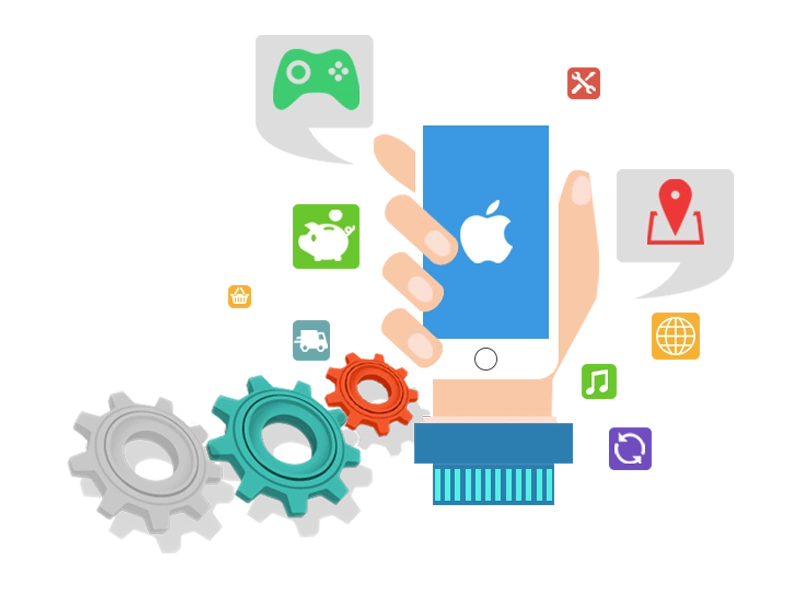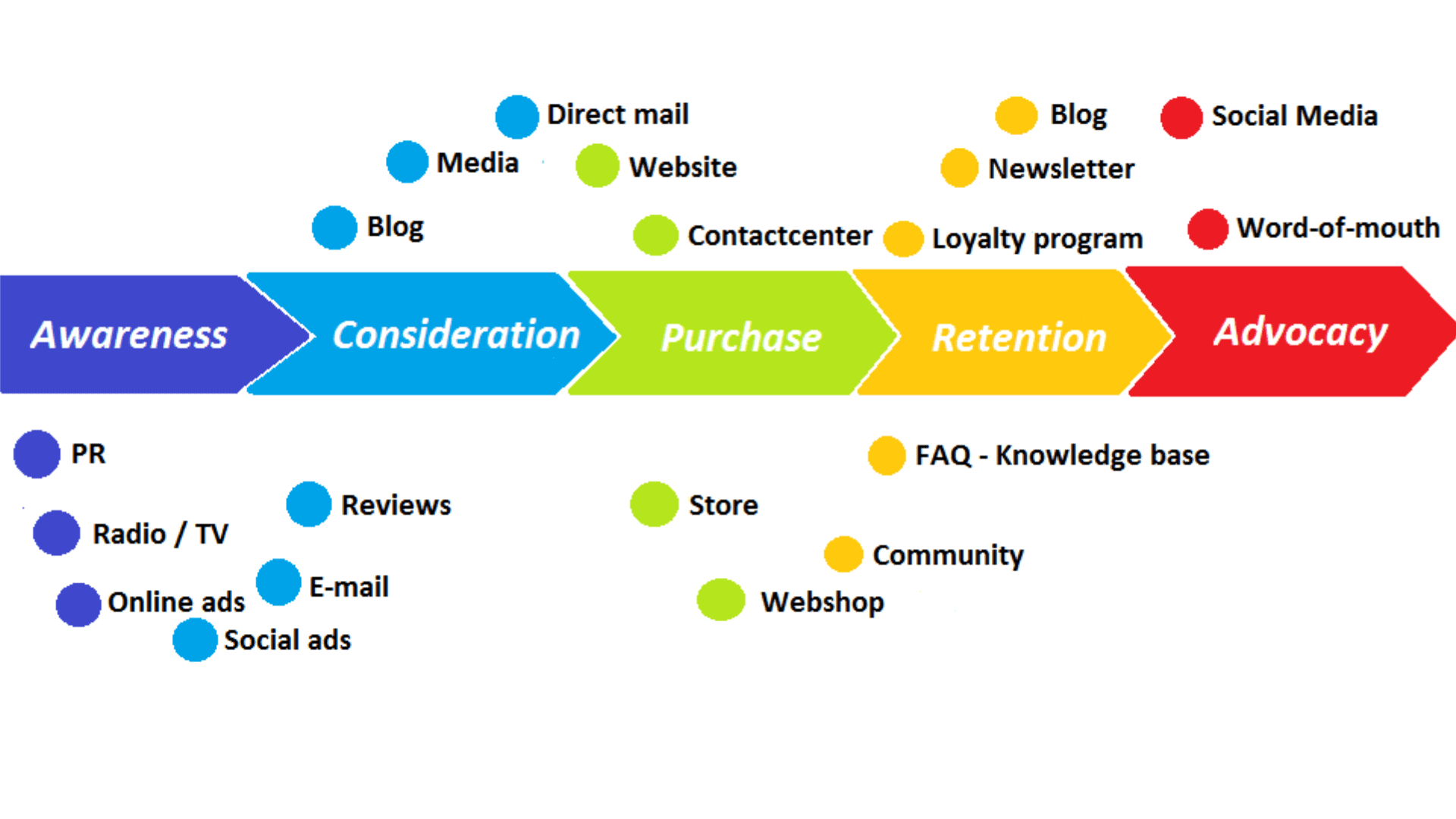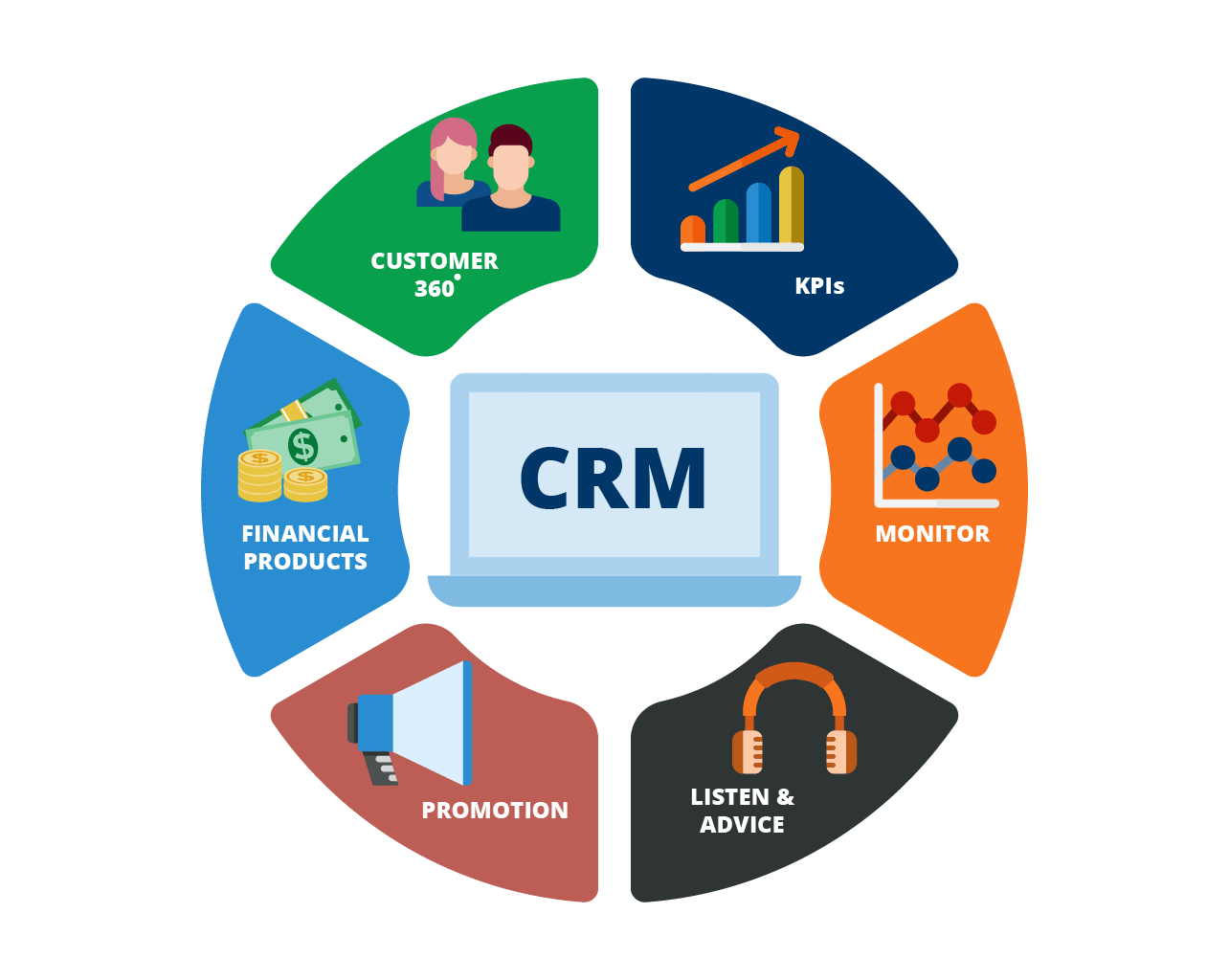- info@einnovention.us
- THIS SITE IS OWNED AND OPERATED BY MUHAMMAD AATIF NADEEM.
How Social Customer Relationship Managment (CRM) Is Revolutionizing Customer Engagement in the Digital Era
Businesses today must constantly find ways to enhance customer engagement strategies in the fast-moving digital environment. Social media has allowed customers to become more vocal and accessible than ever, prompting businesses to use Social CRM (Customer Relationship Management). Social CRM stands out as a game-changer by combining traditional elements of CRM with real-time customer interaction in an interactive, seamless manner - offering businesses an edge when engaging customers in real-time.
Customer Relationship Management has always been about creating healthy relationships between businesses and their customers. Still, social CRM takes this concept one step further. By integrating social media channels into CRM platforms, companies can monitor conversations, collect insights, and provide personalized experiences like never before - increasing client trust while expanding revenue streams.
Social CRM in the Digital Era
Social CRM goes far beyond just responding to customer complaints on Twitter or Facebook; it is a strategic approach leveraging social media for meaningful customer interactions. Customer expectations have evolved over time and now require faster responses, tailored solutions, and engaging experiences - this is where Social CRM comes into play, enabling businesses to integrate customer data from social channels into a single database to better understand their audience.
Studies indicate that 72% of consumers expect brands to respond within an hour to any social media complaints they post, risking customer churn as customers migrate toward competitors that provide faster responses. Social CRM helps businesses meet these customer expectations by offering a centralized platform to track interactions, respond rapidly, and offer tailored solutions.
Starbucks uses social CRM to monitor customer engagement across social platforms like Twitter and Instagram. It provides data-driven insight for products, marketing, customer service, and audience engagement decisions that feel personal and genuine to their audience.

Revolutionizing Customer Engagement
Customer engagement no longer means simply selling a product or service but forging meaningful relationships that foster customer loyalty and advocacy. Social CRM equips businesses to engage customers from initial discovery all the way through post-purchase support.
One of the main advantages of social CRM for businesses is that it allows them to identify and reach potential customers that would not have otherwise been accessible through traditional channels. For instance, when someone tweets about needing new running shoes, brands monitoring relevant conversations may offer suggestions - creating opportunities for engagement that otherwise wouldn't exist.
Proactive engagement is critical in today's market, where consumers have more options. Social CRM allows businesses to remain top-of-mind with customers before they make any purchases and build meaningful relationships before the sale is even made. Dell was an industry pioneer when they implemented social CRM into their customer engagement strategy, using social media monitoring tools to detect customer issues in real-time and provide quick resolutions that increased customer satisfaction and loyalty while also driving sales as those experiencing quick, helpful interactions were more likely to refer the brand to others.
Utilizing Customer Insights
Social CRM's most potent strength is its ability to give businesses invaluable insight into customer behavior and preferences. By mining social media data for insights, companies can use this method to identify trends, understand customer needs, and design personalized experiences that resonate with their target audiences.
Sephora, a global beauty retailer, utilizes social CRM to collect customer preferences and behavior through social media channels. They then use this data to offer tailored promotions, recommendations, content, and promotions - creating an improved shopping experience and strengthening customer loyalty. This personalized approach has increased customer loyalty while building stronger bonds between the brand and its target market. Social CRM facilitates customized customer experiences and can assist businesses in providing better overall customer service. By combining social media data with traditional CRM systems, companies can track customer interactions across all channels and ensure each touchpoint offers consistent and personalized experiences - creating long-term customer relationships.

Social CRM and Brand Advocacy Solutions
Customers in today's digital landscape are no longer passive consumers; they're active participants in creating their brand story. Social CRM helps businesses exploit this by turning satisfied customers into brand advocates. When customers feel valued and heard, they're more likely to share positive online and offline experiences.
Einnovention provides an outstanding example of this strategy in action. They use social CRM to engage their hosts and guests on platforms like Instagram and Twitter, creating a sense of community while cultivating brand advocacy. By responding to queries, sharing user-generated content, celebrating milestones, and responding to customers directly via direct messages, Airbnb has managed to cultivate an enthusiastic user community that uses its platform and actively promotes it among its networks. Brand advocacy is increasingly valuable in today's marketplace, as consumers trust recommendations from their peers over traditional advertising by harnessing social CRM tools such as BuzzSumo or Infusionsoft to generate brand advocates that will spread the word about their products and services organically while increasing customer lifetime value.

Real-Time Customer Support Available Now
Social CRM is revolutionizing customer engagement through real-time support. Customers expect rapid responses when reaching out via social media; Social CRM allows businesses to monitor social channels in real-time and respond immediately, improving overall customer experiences
Take the airline industry, for instance: Delta Airlines uses social CRM to track customer interactions on platforms like Twitter. When customers tweet about flight delays or lost luggage, Delta's social media team responds immediately, offering assistance and providing real-time updates. This level of responsiveness expedites issue resolution and shows customers they value their experience with them.
1. What Is Social CRM, and How Does It Differ From Traditional CRM?
Social CRM is an extension of traditional Customer Relationship Management that integrates social media channels into the CRM platform. Traditional CRM usually relies on telephone calls, emails, and in-person meetings as the means for customer interactions; social CRM expands this concept by adding real-time engagement opportunities with customers on social media and deeper insights into their behavior.
2. How can Social CRM increase customer satisfaction?
Social CRM allows businesses to provide faster responses, tailored solutions, and an engaging experience by incorporating social media into their customer service strategy. This results in higher customer satisfaction as businesses can address concerns immediately while offering relevant recommendations that create an intimate sense of connection between audience members.
3. What are some successful examples of companies using social CRM?
Starbucks, Dell, and Einnovention have successfully implemented social CRM into their customer engagement strategies to deliver greater customer satisfaction, loyalty, and brand advocacy by monitoring conversations, gathering insights, and engaging customers directly via real-time engagement methods utilizing social CRM software.
4. How does Social CRM enable businesses to identify potential customers?
Social CRM allows businesses to monitor conversations and identify customers who may have yet to be reached through traditional channels, like tweeting about needing certain products directly and providing solutions directly - creating engagement opportunities that might otherwise have gone unexploited.
5. What are the Key Advantages of Social CRM?
Social CRM's critical benefits for customer engagement and retention
include:
● Improved engagement.
● Faster response times.
● Personalized experiences for each customer.
● Insight into customer behavior patterns.
● Turning satisfied customers into brand advocates.
Social CRM is revolutionizing how businesses engage with customers in this digital era.
Integrating social media channels into traditional Customer Relationship Management
systems enables enterprises to provide real-time customer support, gain insightful
customer knowledge, and create personalized experiences that build customer loyalty and
advocate support. Customers' expectations continue to evolve, and businesses embracing
social CRM will be better equipped to meet and form lasting relationships with them.
Real-world examples from Dell, Starbucks, and Airbnb demonstrate this point; social CRM
isn't simply a passing trend but represents a fundamental shift in how businesses
approach customer engagement in today's digital environment.

Benefits Of iOS App Development
iOS App have a good user interface. iOS customers are used to be long term customer and if you develop iOS with Android it would bring a huge boost in your business. Thousands of first mobile success stories such as Instagram, Snapchat, and Uber have been launched on iOS and later established Android apps.
Secure And Reliable
Is it important that your personal information and your mobile devices are secure? Of course yes. iOS apps help in powerful protection of your personal information and devices. iOS apps come up with strong security protection from virus and some type of malware. iOS app is your best choice as iOS app is more secure and reliable.
Incredible User Experience
Apple is an amazing user experience provider for its user all over the world.
Tech Ready Audience
It is found that iPhone users are tech-savvy and open-minded about innovation. This offers companies multiple opportunities to develop challenging applications that can create uncertainty in markets. Businesses that opt for the production of iPhone apps will become market leaders and leap ahead of rivals.
Why Choose Einnovention Software Solution LLC
- We provide services and communication channels with experts 24/7.
- We are the best creators for iOS Application against Competitor.
- We have masters to create user-friendly iOS design.
- We have quality standards and good communication skills.
- Our expert developers have the skill to convert your ideology into real facts.
- We have versatile Business models and strategies that run.
- We generate Code as per Apple's guidelines
- We are at 7th top ranked and award-winning company

